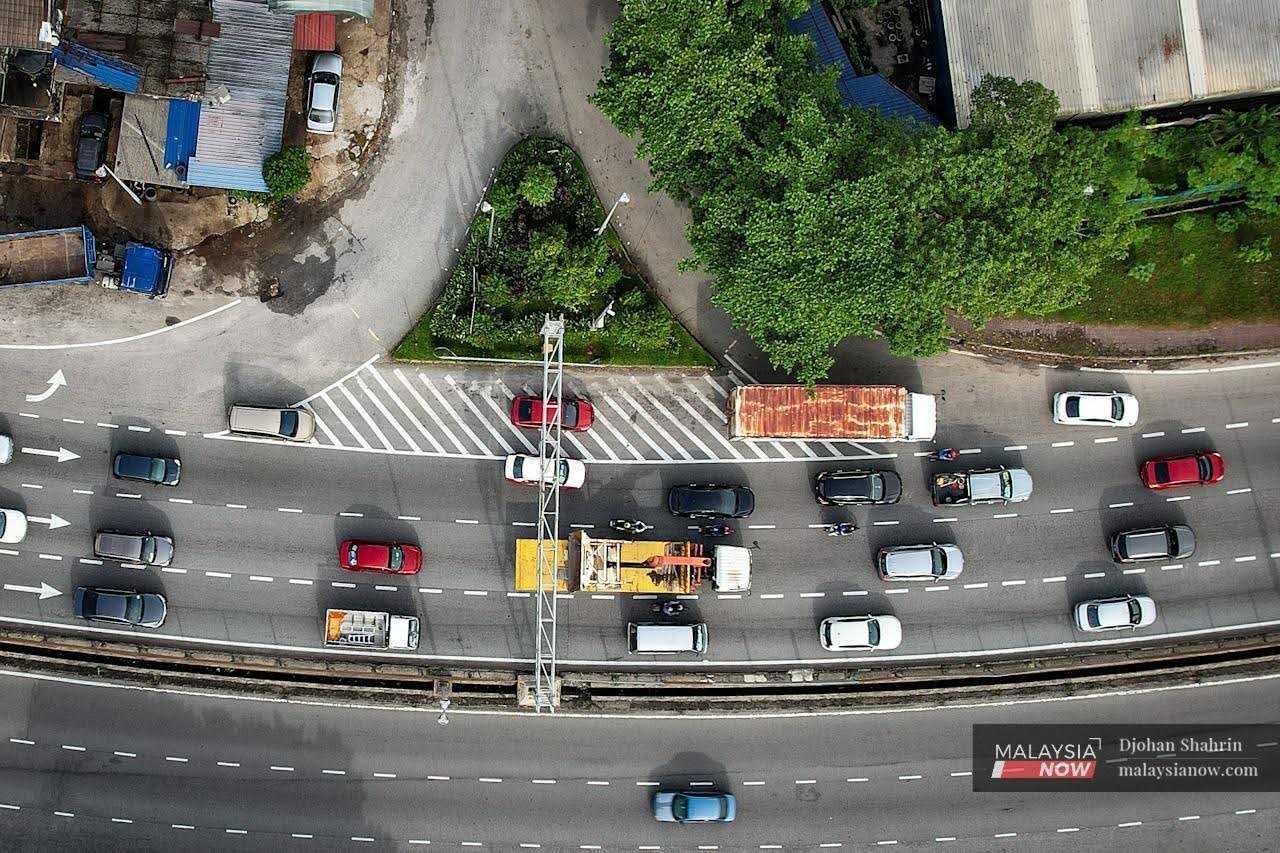Confusion and concern among the poor about govt's end-of-life policy for cars
For many, their old cars are still serviceable and are the only vehicles they have.
Just In
The government's recent announcement that it is looking to implement an end-of-life vehicle (ELV) management policy by 2025 is troubling drivers in the rural and lower-income groups who say they do not understand the plan and fear that they may have to give up their old but still-running jalopies.
Through the ELV policy, vehicles that have reached the end of their useful life can be used for their components.
Science, Technology and Innovation Minister Dr Adham Baba, in announcing the matter, said it would ensure that the components and usable material from old vehicles could be of use and not simply thrown away.
Similar policies are in place in countries like Singapore and Japan, and in Malaysia, the ELV management plan is currently under study by parties including Adham's ministry and a number of public universities.
A visit by MalaysiaNow to two villages in Sungai Buloh and Shah Alam however found that most drivers did not understand the concepts behind the ELV plan.
Rustam Shah, a restaurant assistant in Kampung Paya Jaras Hilir, said his car is over 20 years old and has been used by two generations of his family.
"What kind of car will they say needs to be dismantled and scrapped?" he asked.
"My car is more than 20 years old but it still works well for driving short distances.
"At any rate, it is the only car that I have," he added. "I have been using it since my father passed away in 2009."
Data from the transport ministry shows that as of May this year, 33 million vehicles were registered in the country, of which 19 million were 10 years old and above.
Part of the government's concern about old vehicles on the road is that they will contribute to environmental pollution and pose a danger to road users.
It also believes that some 70% of car parts can be exported to other countries, bringing returns of up to RM10 billion.
At the moment, though, even some continental vehicle collectors are confused by the plan for an ELV policy.
For them, too, the question is which vehicles will qualify for disposal.
"If they want to recycle vehicle components, they must be clear that it only applies to abandoned or worn-out cars," Ahmad Khalid, who is part of a Facebook group of Mercedes Benz W203 collectors, said.
"The ones left at the workshop or at the side of the road.
"But if vehicles are assessed based on age, what will happen to the cars in our collection? All of them are in good shape and are well taken care of."
He also questioned Adham's statement that old vehicles were being dumped to the point where they had become breeding grounds for dengue.
He said the government should instead focus on a disposal strategy that is environmentally friendly and does not burden the people.
"The cost of maintaining second-hand vehicles is very high," Khalid, a government retiree, said.
"When the government suddenly announces that it wants to do away with them, it makes us feel as if all of our work has been pointless.
"And what about families that only have one car? Do they need to dispose of their cars as well?"
In Singapore and Japan, ELV vehicles enter the used vehicle market in Malaysia where they are sold at cheaper prices.
In Western countries which are among the largest manufacturers of branded vehicles, meanwhile, ELV policies have long been a norm.
Their focus at the moment is on disposing for scrapping or recycling of electrical vehicles whose batteries have expired.
In Shah Alam, a security guard who asked to be known as Nilakantna asked what he would get in return if his 1997 Proton Saga is dismantled for parts.
"Will they pay me anything? If they will, they can take it," he said.
"Otherwise, I will continue driving my car, even though I am no longer allowed to pay for road tax. It's better for me to save my money."
Subscribe to our newsletter
To be updated with all the latest news and analyses daily.
